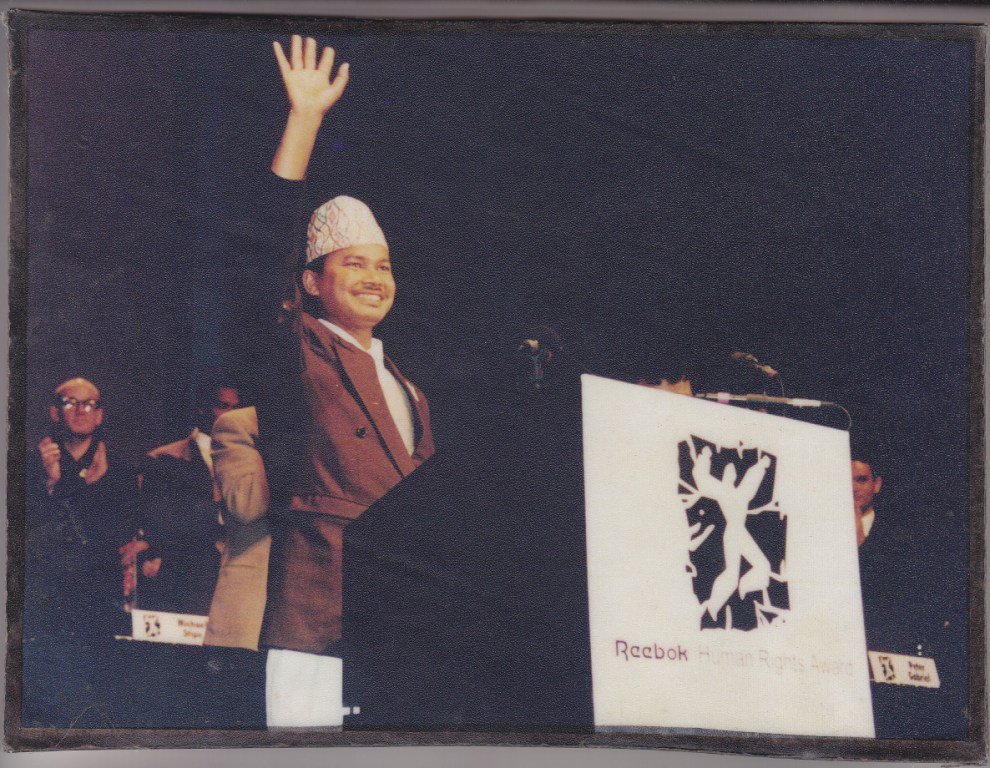Sakriya Project (Child Labor)
Sakriya Project (Child Labor) Project
Introduction
Sakriya Project is a research-based child labor reduction program, which has been implemented in the Tulsipur sub-metropolitan and Lamahi municipality in Dang district from 1 October 2019 to 30 September 2020 by BASE by the financial support . In this project, BASE conducted a ward-level baseline survey in 28 (19 Tulsipur and 9 Lamahi) wards of both municipalities, which shows that there are identified 175 (below 18 years old) of child labor and a total 4750 households laborers in 23 Brick Kilns of the Tulsipur sub-Metropolitan and Lamahi Municipality; and around 5170 couples are working in the Brick Kilns along with their children aged 1 to 18 years old.
BASE was completed organization assessment, baseline survey, ward level survey, service provider mapping and BASE’s senior staff has also participated in the capacity building online training to reduce child laborers, the training names are, NGO/Organization assessment of BASE organization, Social and Behavior Change Communication (SBCC), and 2), BIA (Best Interest Assessment), BID (Best Interest Determination) (BIA/BID) and case management. BASE key staff for Sakriya Project had participated in a 3 of days training in Pokhara, Nepal that built the capacity of staff to implement projects. After training till 30 June 2020, BASE has developed an implementation plan of SBCC; formulated the concern raising chart and referral pathway; identified and listed out the child-protection-support-mechanisms; developed the child risk-assessment-matrix, and community-based child support networks in both municipalities.
The main objective of the program follows as given bellow,
- Improved capacity of civil society to identify and document accurate, independent, and objective information on the nature and scope of the child labor and /or forced labor, and violations of acceptable conditions of work in the Brick, Zari and Carpet sectors.
- Improve the capacity of civil society to raise awareness for the protection of child laborers, or forced laborers, and violations of acceptable conditions of works.
- Improve the capacity of civil society organizations to implement initiatives to address child labor and /or forced labor and violations of acceptable conditions of works.
- The organization will participate in the social assessment, which will assist organizations to analyze existing capacity in comparison to the desired capacity in order to inform an action plan to develop capacity.
- The organization will participate in the capacity development initiatives conducted by the technical partners and World Education Inc.
Major activities:
- Baseline survey,
- Capacity building of stakeholders,
- Community-based action research,
- Formation/activation of Community Based Child Protection Networks (CBCPN),
- Capacity assessment of partners/stakeholders


